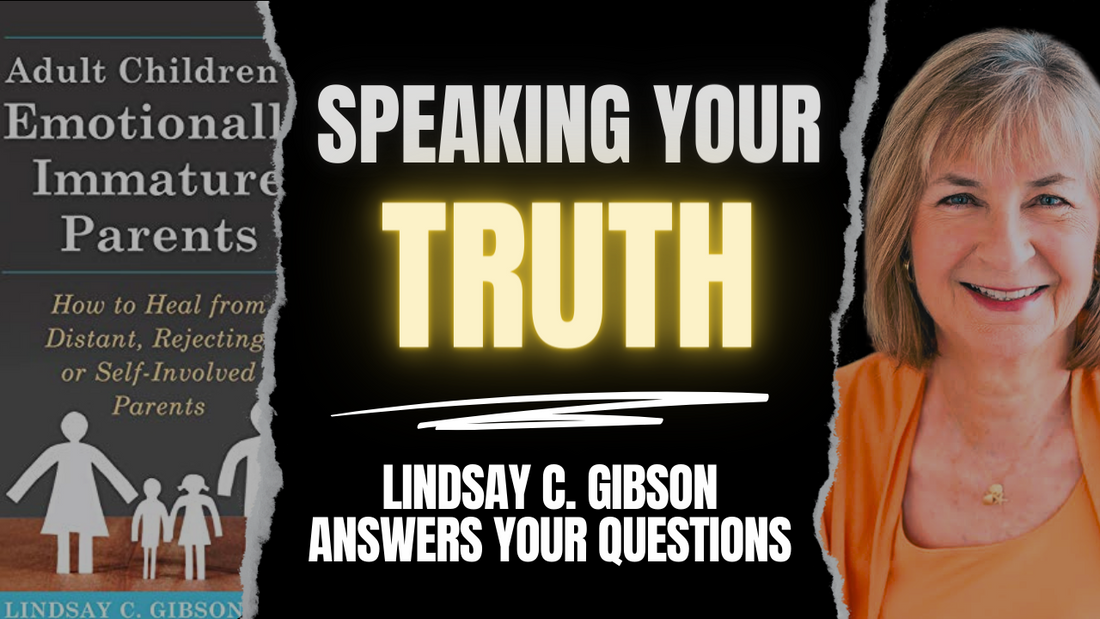Dealing with the complexities of an emotionally immature parent as they age or after they have passed can stir a mix of unresolved anger and grief. Psychologist Lindsay C. Gibson offered insights into managing these intense emotions effectively in a recent interview with the Academy.
This article explores strategies for those struggling to reconcile with past hurts and the desire to remain respectful towards a parent who may no longer be present.
Addressing Unresolved Anger with Aging Parents
Many adults find themselves in the delicate position of caring for aging parents who may not have fully met their emotional needs. Gibson points out the intricate balance between being true to oneself and not wanting to inflict pain on an elderly parent. "So there's a desire to be authentic and yet there's a desire not to hurt the parent," she notes, acknowledging the heightened empathy many adult children feel, which makes confronting these issues challenging.
To approach such conversations effectively, Gibson suggests adopting a gentle, non-confrontational method.
To be authentic could be actually very quiet, it could be a letter, it doesn't necessarily mean that you sit them down and tell them in no uncertain terms what they've done to you. - Lindsay C. Gibson
This approach allows for expressing feelings without overwhelming the parent or shutting down the conversation due to defensiveness.
The Grief of Losing a Parent and Managing Guilt
When an emotionally immature parent passes away, the floodgates of suppressed emotions often open. Those who discover Gibson’s work later in life may find themselves grappling with newfound anger and sorrow, unsure how to process these feelings. Gibson acknowledges the natural tendency to feel guilty as if one could have changed the past. "It is human nature to try to find the point at which you had control and you didn't act on it."
However, she reassures that such feelings, while intense, are a normal part of grieving and encourages individuals not to be too hard on themselves.
We have to accept that...we can grieve that, we can feel guilt about it, but when you start torturing yourself with it, I just beg you to remember these things.
4 Strategies For Speaking Your Truth To Emotionally Immature Parents
- Small Doses of Honesty: When dealing with an aging parent, introduce difficult topics gently and gradually. Propose a brief, specific time to discuss matters, which can help manage the emotional intensity for both parties.
- Reflective Listening: If attempting to resolve past issues, ask open-ended questions that encourage parents to reflect on their actions, rather than making accusatory statements that may lead to shutdowns.
- Personal Healing and Closure: Focus on personal healing practices that foster closure, such as journaling, meditation, or creative expression. These activities can help process complex emotions and reduce ongoing distress.
- Seek Support: Engaging in therapy or support communities can provide additional perspectives and coping strategies, especially when dealing with grief or unresolved anger after a parent’s death.
Conclusion
Lindsay C. Gibson’s insights provide valuable guidance for those struggling with the emotional complexities of dealing with aging or deceased parents. By adopting a measured approach to confrontation and embracing forgiveness, individuals can find peace and resolution, even in challenging family dynamics.
For further guidance on managing relationships with emotionally immature parents, consider exploring the Adult Children Of Emotionally Immature Parents Masterpack - our comprehensive healing course created in collaboration with Lindsay C. Gibson.

